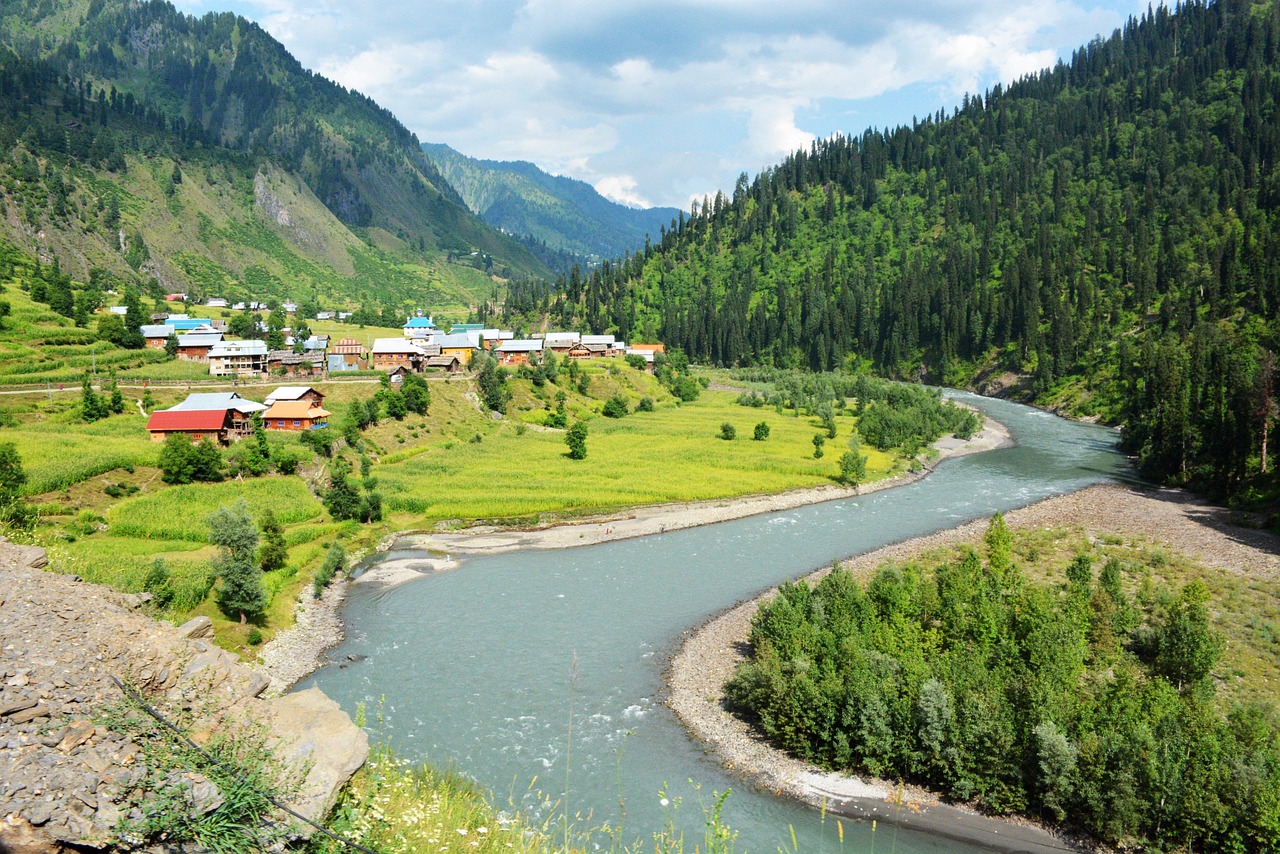Pakistan Video
Retaining Productivity: Facing Common Challenges in Pakistan
Pakistan, a country located in South Asia, faces various challenges when it comes to retaining productivity. From economic factors to social issues, there are several obstacles that hinder the productivity of individuals and organizations in Pakistan. In this article, we will explore some of the common challenges faced by Pakistan and discuss strategies to overcome them.
Economic Instability
Economic instability is one of the significant challenges faced by Pakistan. The country has experienced periods of economic volatility, including inflation, fluctuating exchange rates, and high unemployment rates. These factors create an uncertain environment for businesses and individuals, impacting their productivity. To address this challenge, the government must focus on implementing sound economic policies, promoting investment opportunities, and fostering a favorable business environment.
- Investment in Infrastructure: Pakistan needs to invest in its infrastructure to attract both domestic and foreign investors. Improving transportation networks, energy supply, and communication systems will create a conducive environment for businesses to thrive.
- Stable Monetary Policy: The government should ensure a stable monetary policy to control inflation and promote economic stability. By maintaining a predictable and transparent policy framework, businesses can plan their operations effectively.
- Encouraging Entrepreneurship: Supporting entrepreneurship and providing incentives for startups can boost economic growth and create employment opportunities. This, in turn, enhances productivity and contributes to the overall development of the country.
Education System Challenges
The education system in Pakistan faces several challenges that impact productivity. Limited access to quality education, outdated curriculum, and a lack of technical skills hinder the development of a skilled workforce. To address these challenges, reforms in the education sector are crucial.
- Improving Access to Education: The government should focus on increasing access to quality education, especially in rural areas. This can be achieved by building more schools, providing scholarships, and implementing policies that encourage enrollment.
- Updating Curriculum: The curriculum needs to be revised regularly to align with the demands of the job market. Incorporating practical skills, critical thinking, and problem-solving abilities will enhance the productivity of graduates.
- Promoting Technical Education: Emphasizing technical education and vocational training can equip individuals with the necessary skills for various industries. This will bridge the gap between education and employment, increasing productivity in the workforce.
Infrastructure and Energy Crisis
Pakistan faces challenges in terms of infrastructure development and energy crisis. Inadequate infrastructure, including transportation networks, power supply, and communication systems, hampers productivity. Additionally, the energy crisis, characterized by frequent power outages, further affects businesses and individuals.
- Investment in Infrastructure: As mentioned earlier, investment in infrastructure is vital for enhancing productivity. The government should prioritize infrastructure development projects to improve transportation networks, energy supply, and communication systems.
- Alternative Energy Sources: To address the energy crisis, Pakistan should explore alternative energy sources such as solar, wind, and hydroelectric power. Promoting renewable energy can provide a sustainable solution and ensure a stable power supply for businesses and households.
- Public-Private Partnerships: Collaborations between the government and private sector can accelerate infrastructure development. Public-private partnerships can leverage the expertise and resources of both sectors to overcome infrastructure challenges.
Political Instability
Political instability is another challenge that affects productivity in Pakistan. Frequent changes in government and political unrest create an uncertain environment for businesses and investors. To address this challenge, political stability and effective governance are crucial.
- Strengthening Democratic Institutions: Pakistan should focus on strengthening democratic institutions and ensuring the smooth transition of power. Transparent and accountable governance will create a stable environment for businesses to operate.
- Promoting Investor Confidence: The government should implement policies that promote investor confidence. By providing a predictable and favorable business environment, Pakistan can attract both domestic and foreign investments, leading to increased productivity.
- Engaging in Dialogue: Encouraging dialogue and inclusivity in the political sphere can help resolve conflicts and foster stability. By addressing the concerns of different stakeholders, Pakistan can build a more cohesive society and productive economy.
Social and Cultural Factors
Social and cultural factors also play a role in productivity challenges in Pakistan. Gender inequality, lack of diversity, and traditional norms can limit opportunities and hinder productivity. To overcome these challenges, promoting inclusivity and empowering marginalized groups is essential.
- Gender Equality: Pakistan should focus on promoting gender equality and empowering women. Providing equal access to education, healthcare, and employment opportunities can unlock the potential of half the population, leading to increased productivity.
- Diversity and Inclusion: Embracing diversity and fostering an inclusive work environment can enhance productivity. Encouraging diversity in hiring practices and creating inclusive policies will lead to a more innovative and productive workforce.
- Challenging Traditional Norms: Challenging traditional norms and stereotypes is crucial for progress. By promoting open-mindedness and embracing change, Pakistan can create a society that values individual talents and contributions, ultimately boosting productivity.
Image 1:

Strategies for Overcoming Challenges
To overcome the challenges mentioned above and retain productivity in Pakistan, a multi-faceted approach is required. Here are some strategies that can be implemented:
- Policy Reforms: The government should focus on implementing policy reforms that address economic instability, education system challenges, infrastructure development, and political instability. These reforms should be aimed at creating a favorable environment for businesses and individuals to thrive.
- Investment in Human Capital: Investing in human capital through education and skills development programs can enhance productivity. Providing quality education, vocational training, and continuous learning opportunities will equip individuals with the skills needed for a productive workforce.
- Public-Private Partnerships: Collaborations between the government and private sector can help overcome infrastructure challenges and promote economic growth. Public-private partnerships can leverage resources and expertise to develop and maintain critical infrastructure.
- Promoting Innovation and Entrepreneurship: Encouraging innovation and entrepreneurship can drive economic growth and productivity. Providing support for startups, creating incubation centers, and fostering a culture of innovation will lead to job creation and economic development.
- Addressing Social and Cultural Barriers: Addressing social and cultural barriers, such as gender inequality and lack of diversity, is crucial for inclusive growth. Implementing policies that promote equal opportunities and challenging traditional norms will create a more inclusive and productive society.
Image 2:

Conclusion
Retaining productivity in Pakistan requires addressing the common challenges faced by the country. By focusing on economic stability, education system reforms, infrastructure development, political stability, and social inclusion, Pakistan can overcome these obstacles and create a productive environment for businesses and individuals. Implementing the strategies mentioned above, along with effective governance and policy reforms, will pave the way for a prosperous and productive Pakistan.
Image 3:

References
- worldbank.org
- imf.org
- un.org
- pakistan.gov.pk
- unesco.org
- hrw.org


